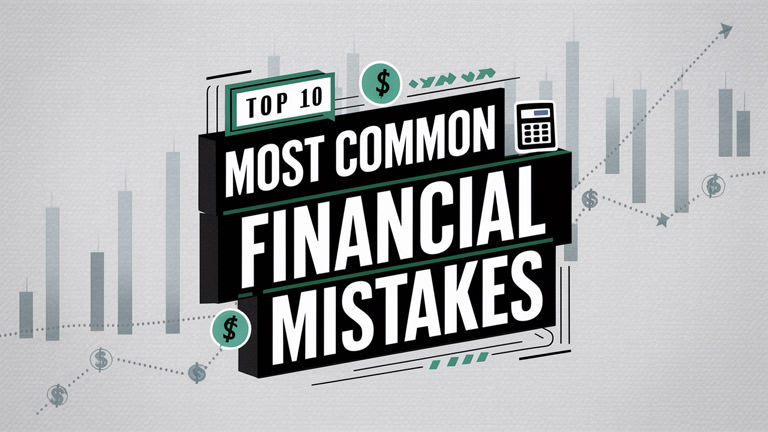Understanding the Average Retirement Age in the U.S.
The average retirement age in the United States varies depending on the source. According to a recent Gallup survey, it stands at 61, while the Center for Retirement Research at Boston College reports 64.7 for men and 62.1 for women. One clear trend is that the average retirement age has increased from 57 in the 1990s.
Several factors influence this shift, including economic conditions, health, lifestyle choices, and personal preferences. For some, the ideal retirement age is 67, when they receive full Social Security benefits. For others, it might be 62, the age when they first become eligible for Social Security, albeit at a reduced rate.
Key Takeaways:
- The average retirement age in the U.S. ranges from 61 to 64, depending on the data source.
- Retirement age is affected by economic conditions, health, lifestyle, and personal preferences.
- Different professions have varying retirement age patterns.
- Understanding retirement age is crucial for Social Security benefits and financial planning.
Factors Influencing Retirement Age
Several factors contribute to the variation in retirement age:
Economic Conditions and Savings:
The full Social Security benefits age increased from 65 to 67 in 1983, delaying retirement for many. Employees with 401(k) accounts often retire one to two years later than those with pensions, to build more wealth. Nearly half of Americans have no retirement savings, which also delays retirement.
Lifestyle Choices:
Your lifestyle plans, such as travel or hobbies, can influence when you decide to retire.
Health:
Good health may encourage you to work longer, whereas chronic conditions might necessitate early retirement.
Location:
The cost of living in your area impacts your retirement savings needs. Moving to a lower-cost area could enable earlier retirement.
Personal Preferences:
Your retirement plans, such as spending time with family or relocating, will also determine your retirement age.
Average Retirement Age Trends and Variations
Historical Trends
| Year | Age—Men | Age—Women |
|---|---|---|
| 1962 | 66 | 53 |
| 1971 | 65 | 56 |
| 1974 | 64 | 56 |
| 1983 | 63 | 56 |
| 1986 | 62 | 57 |
| 1998 | 63 | 60 |
| 2010 | 64 | 62 |
| 2016 | 65 | 63 |
| 2021 | 64.7 | 62.1 |
Source: Center for Retirement Research at Boston College
Regional Differences
The average retirement age is typically lower in Southern states than in other parts of the country, although there are some exceptions. Alaska and West Virginia have the lowest average retirement age at 61, while Washington, D.C. has the highest at 67. Hawaii, Massachusetts, and South Dakota have the second-highest average retirement age at 66.
| State | Average Retirement Age | State | Average Retirement Age |
|---|---|---|---|
| Alabama | 62 | Montana | 64 |
| Alaska | 61 | Nebraska | 65 |
| Arizona | 63 | Nevada | 63 |
| Arkansas | 62 | New Hampshire | 65 |
| California | 64 | New Jersey | 65 |
| Colorado | 65 | New Mexico | 62 |
| Connecticut | 65 | New York | 64 |
| Delaware | 63 | North Carolina | 63 |
| District of Columbia | 67 | North Dakota | 65 |
| Florida | 64 | Ohio | 63 |
| Georgia | 63 | Oklahoma | 62 |
| Hawaii | 66 | Oregon | 63 |
| Idaho | 64 | Pennsylvania | 64 |
| Illinois | 64 | Rhode Island | 65 |
| Indiana | 63 | South Carolina | 63 |
| Iowa | 65 | South Dakota | 66 |
| Kansas | 65 | Tennessee | 64 |
| Kentucky | 62 | Texas | 65 |
| Louisiana | 62 | Utah | 65 |
| Maine | 63 | Vermont | 65 |
| Maryland | 65 | Virginia | 65 |
| Massachusetts | 66 | Washington | 64 |
| Michigan | 62 | West Virginia | 61 |
| Minnesota | 65 | Wisconsin | 64 |
| Mississippi | 63 | Wyoming | 64 |
| Missouri | 63 |
Source: Money Talks News/U.S. Census Bureau American Community Survey
Retirement Age by Profession
What you do for a living also affects your retirement age. Those in less physically demanding jobs tend to work longer, as do those who are better educated.
| Occupation Type | Number of Workers Aged 65 and Older |
|---|---|
| Management, Professional, and Related | ~5 million |
| Service Occupations | ~1.6 million |
| Construction, Maintenance, and Natural Resources | 731,000 |
Retirement Age and Social Security
The current retirement age for receiving full Social Security benefits is 67 for those born in 1960 and later. For those born between 1943 to 1959, the retirement age ranges from 66 to 66 years and 10 months.
However, you can start receiving Social Security benefits at age 62, although they will be permanently reduced. Retiring up to 36 months early reduces the benefit by 5/9 of 1% for each month. If you retire more than 36 months early, the benefit is further reduced by 5/12 of 1% per month.
For instance, if your retirement age is 67 and your full benefits would be $1,000 per month, taking retirement at age 62 would reduce your benefit by 30% to $700 per month.
Retirement Age and Financial Planning
Starting retirement savings early is crucial. Accounts like IRAs and 401(k)s grow through compound interest, requiring time to build significant savings. Whole life insurance policies also accumulate cash value over time.
Strategies for Early or Late Retirement
Tips for Early Retirement:
- Set up retirement accounts when you start working.
- Take advantage of employer-sponsored plans such as 401(k)s.
- Minimize debt.
- Contribute to investment accounts.
- Create alternate income sources, like rental property or part-time jobs.
Tips for Late Retirement:
- Sign up for Medicare at 65 to avoid penalties.
- Delay Social Security benefits until you stop working full-time.
- Utilize catch-up contributions in retirement accounts (e.g., contribute an extra $7,500 annually to 401(k) if aged 50 or older).
Global Comparison
Indonesia has an average retirement age of 69, despite a full benefits age of 57. In the U.S., Washington, D.C., has the highest average retirement age at 67, likely due to its high cost of living.
Eligibility for Benefits
Full Social Security benefits are available at 67 for those born in 1960 or later, with early benefits starting at 62. Medicare eligibility begins at 65.
Understanding these factors and trends is essential for effective retirement planning and achieving financial security in your later years.

Roger Varley is a seasoned financial expert with over two decades of experience and an MBA from Harvard Business School. He specializes in commodity trading and portfolio diversification, and has authored several bestsellers that simplify complex financial concepts for investors. Residing in New York City, Roger continues to share his knowledge through his writing and lectures at financial conferences worldwide.



